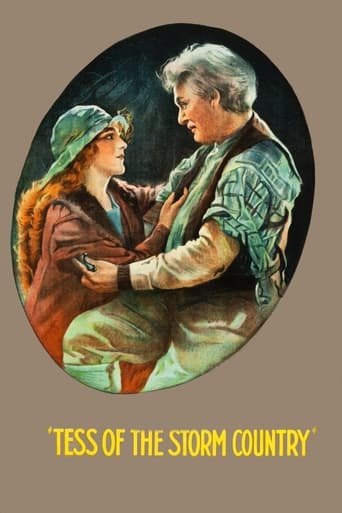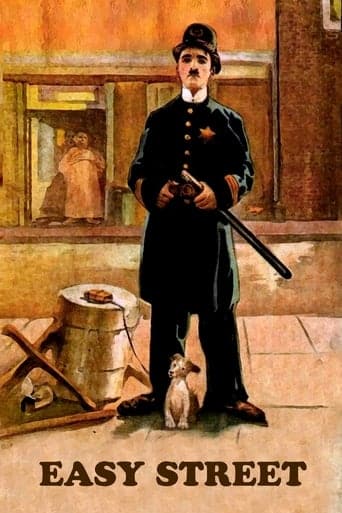Tess of the Storm Country (1922)

 In the silent film era, “Tess of the Storm Country” (1922) emerged as a powerful exploration of love, social class disparities, and the indomitable spirit of its titular character.
In the silent film era, “Tess of the Storm Country” (1922) emerged as a powerful exploration of love, social class disparities, and the indomitable spirit of its titular character.
Directed by John S. Robertson and starring the luminous Mary Pickford, the film skillfully weaves a narrative that resonates with timeless themes.
Set against the backdrop of a stark class divide, the narrative unfolds around wealthy landowner Elias Graves, portrayed by Lloyd Hughes, and a group of squatters residing at the bottom of the hill he calls home. The crux of the story lies in the relationship between Tess, played by Mary Pickford, and Elias Graves’ son.
The heart of the conflict is established when Ben Letts, one of the men from the squatters’ village, frames Tess’ father for murder. This sets the stage for a compelling tale of injustice, societal prejudice, and Tess’s unwavering commitment to her family and love.
Mary Pickford’s portrayal of Tess is nothing short of exceptional. With her expressive eyes and emotive gestures, Pickford brings a depth to the character that transcends the limitations of silent cinema. Tess becomes a symbol of resilience, challenging societal norms and facing adversity with unwavering determination.
The film skillfully delves into the complexities of love and societal expectations. Tess finds herself entangled in a web of emotions, torn between her love for Elias Graves’ son and her commitment to maintaining her father’s innocence. The juxtaposition of love and social class disparities forms a poignant commentary on the challenges faced by individuals navigating societal expectations.
“Tess of the Storm Country” not only explores the personal struggles of its characters but also serves as a reflection of the broader societal issues prevalent in the early 20th century. The squatters represent a marginalized community, their struggles mirroring the social and economic disparities of the time.
Central to the narrative is Tess’ dedication to caring for Elias Graves’ daughter’s illegitimate child. This act of compassion amidst societal prejudices adds layers to Tess’s character, portraying her as a beacon of empathy in a world marked by division.
Director John S. Robertson’s vision is evident in the film’s nuanced storytelling and emphasis on character development. The cinematography captures the rugged beauty of the stormy landscapes, providing a visual backdrop that enhances the emotional resonance of the narrative.
As the story unfolds, Tess becomes a symbol of hope and defiance. In a world divided by economic disparities, her character stands as a testament to the strength of the human spirit. The film invites audiences to reflect on themes of justice, compassion, and the transformative power of love.
In conclusion, “Tess of the Storm Country” (1922) stands as a cinematic masterpiece that transcends the silent film era. Mary Pickford’s stellar performance, coupled with John S. Robertson’s adept direction, creates a timeless narrative that continues to resonate with audiences. The film’s exploration of love, societal prejudices, and the unyielding spirit of its protagonist elevates it to the status of a classic, inviting viewers to embark on a poignant journey through the stormy landscapes of the human heart.
Release Date: November 12th, 1922
Main Cast Members
Mary Pickford (Tessibel ‘Tess’ Skinner)
Lloyd Hughes (Frederick Graves)
Gloria Hope (Teola Graves)
David Torrence (Elias Graves)
Jean Hersholt (Ben Letts)

 In the silent film era, “Tess of the Storm Country” (1922) emerged as a powerful exploration of love, social class disparities, and the indomitable spirit of its titular character.
In the silent film era, “Tess of the Storm Country” (1922) emerged as a powerful exploration of love, social class disparities, and the indomitable spirit of its titular character.


